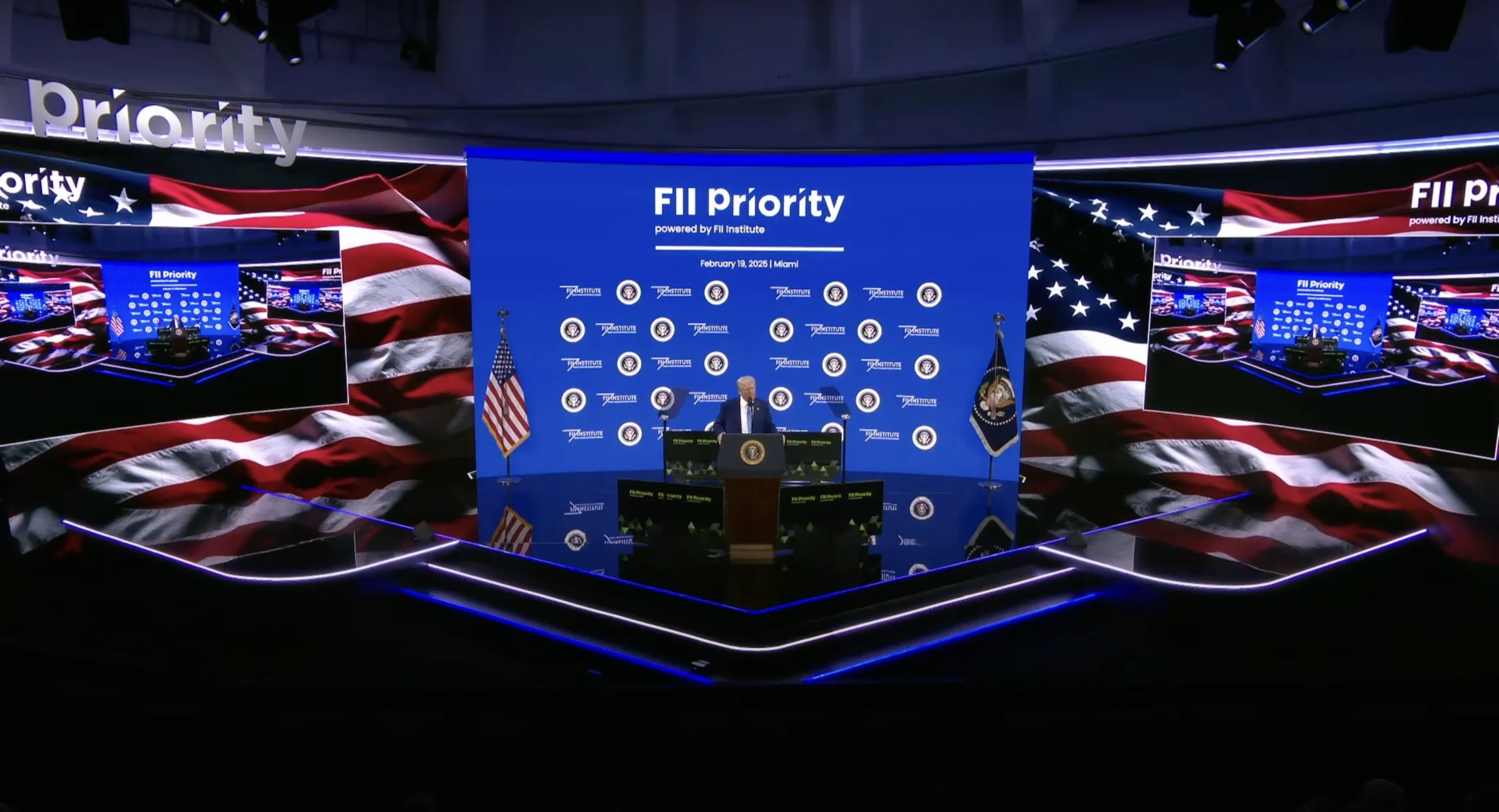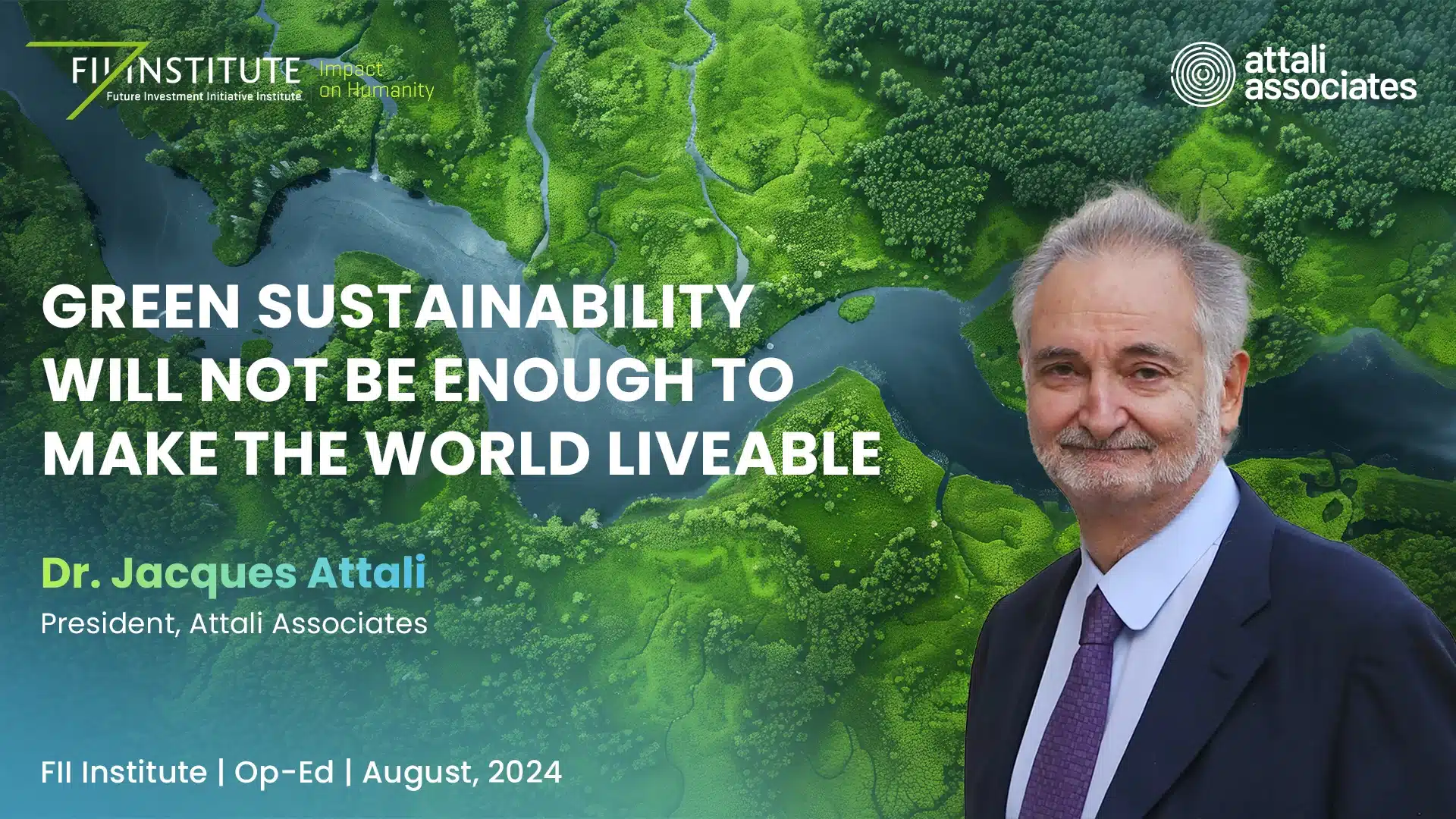ADDRESSING CLIMATE CHALLENGES
The devastating impacts of climate change are becoming increasingly evident around the globe, from extreme weather events to rising sea levels. The urgency of finding effective and innovative solutions has never been more pressing as communities face immediate consequences. We’ve seen the transformative impact of new technologies in driving economic growth, as well as societal and environmental progress. The current situation makes it paramount for venture capitalists and their partners to take swift and decisive action by embracing collaboration with diverse stakeholders. By identifying and funding innovative startups, together we can develop technologies and solutions that address these challenges and safeguard our future.
ADDRESSING CLIMATE CHALLENGES
Particularly in emerging markets, investing in climate resilience is critical, as these regions often bear the brunt of climate impacts yet have fewer resources to adapt. Adequate
funding is the lifeblood of climate resilience efforts, and a holistic approach is required. This includes targeted investments and entrepreneurial support across sectors such as agritech, fintech, insurance, healthtech, and foodtech. This presents both opportunities for growth and solutions to core challenges while prioritizing inclusivity and innovation. This approach provides capital to stimulate innovation and drive meaningful impact at scale, ensuring that no country is left behind in the transition to a sustainable future. But we must properly structure the development of startup ecosystems to support growth and de-risk investments in new technologies over time.
BUILDING IMPACTFUL INNOVATION HUBS
Emerging markets can become innovation hubs that support climate resilience through structured education, connectivity to new markets, and introductions to potential strategic partners. From our fourteen years of global VC experience, leveraging a local presence in 20+ countries and backing more than 2,900 companies operating in 80+ countries, including multiple emerging markets, we’ve seen the success of public-private partnerships. Supporting startups and investors with business-friendly policies, investing in infrastructure like incubators and accelerators, and providing education and training in both tech and investor skills all contribute to fostering a culture of innovation.
PUBLIC-PRIVATE PARTNERSHIPS TO POWER STARTUPS AND INNOVATION
Startups play a critical role in developing innovative solutions to hard problems. From our decade of experience at the heart of startup ecosystems, we have seen startups’ willingness to take large risks for outsized growth, leading to significant improvements for both economies and societies. But it takes an ecosystem of stakeholders to create a thriving and sustainable startup environment. Governments, venture capitalists, entrepreneurs, mentors, state-backed agencies, and funds all have vital roles to play.
Coordinated efforts, such as those supported by the FII Institute like bringing these stakeholders together during the Climate Resilience Conclave during FII Priority Rio, provide an important platform for these groups to embrace an interconnected strategy. This can accelerate entrepreneurship and ensure targeted initiatives optimize startup performance and create a venture-friendly environment. Governments and DFIs should also recognize their pivotal role in catalyzing startup ecosystems by laying a strong policy foundation that incentivizes engagement across stakeholders. Additionally, they can provide the catalytic capital needed to increase their impact on these critical issues, bridging funding gaps for higher-risk startups and attracting private capital.
The time is ripe to harness the momentum generated by these initiatives and create a perfect storm of acceleration for the future we urgently need. By fostering collaboration and innovation, we can build a more resilient and sustainable world for generations to come. Inclusivity and empowerment are key, ensuring that the benefits of sustainable development reach those who need them most, creating a more equitable and just society for all.





